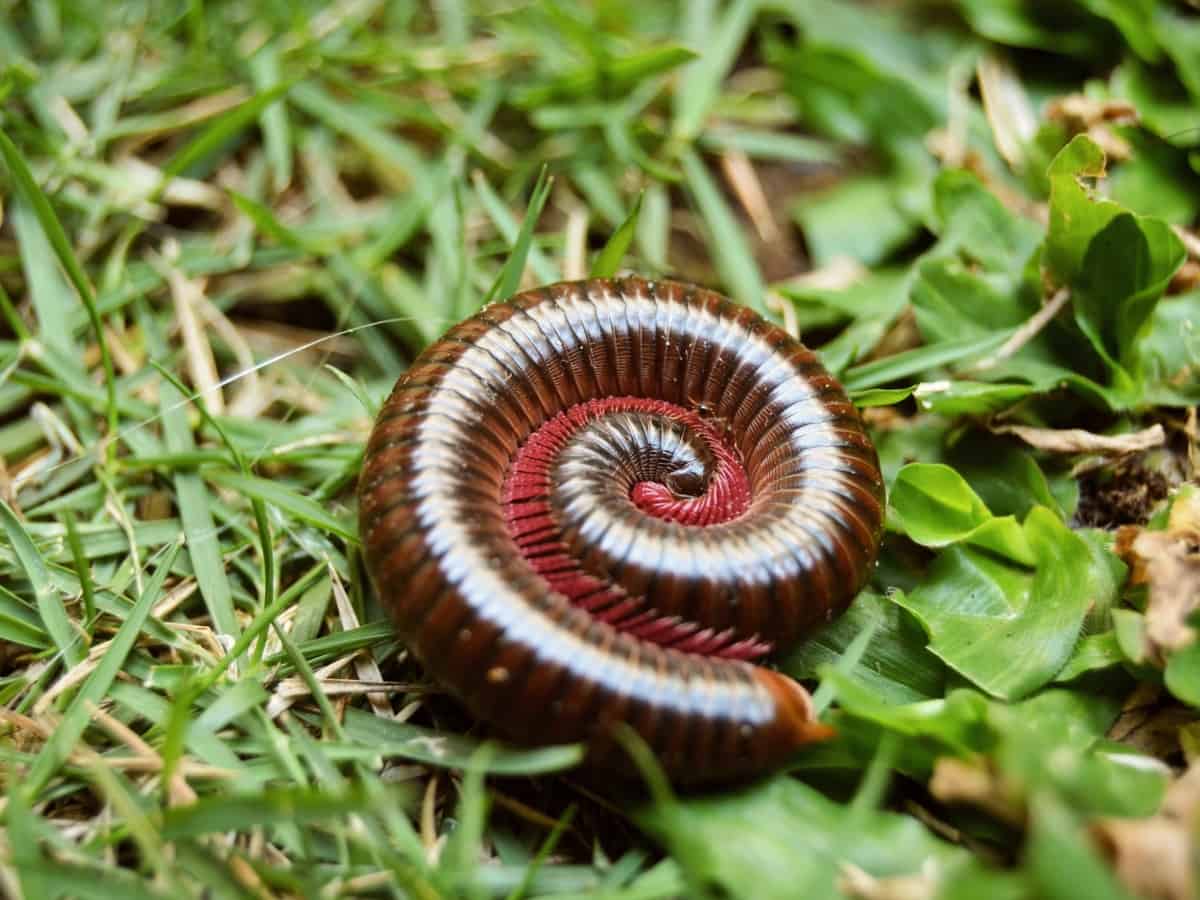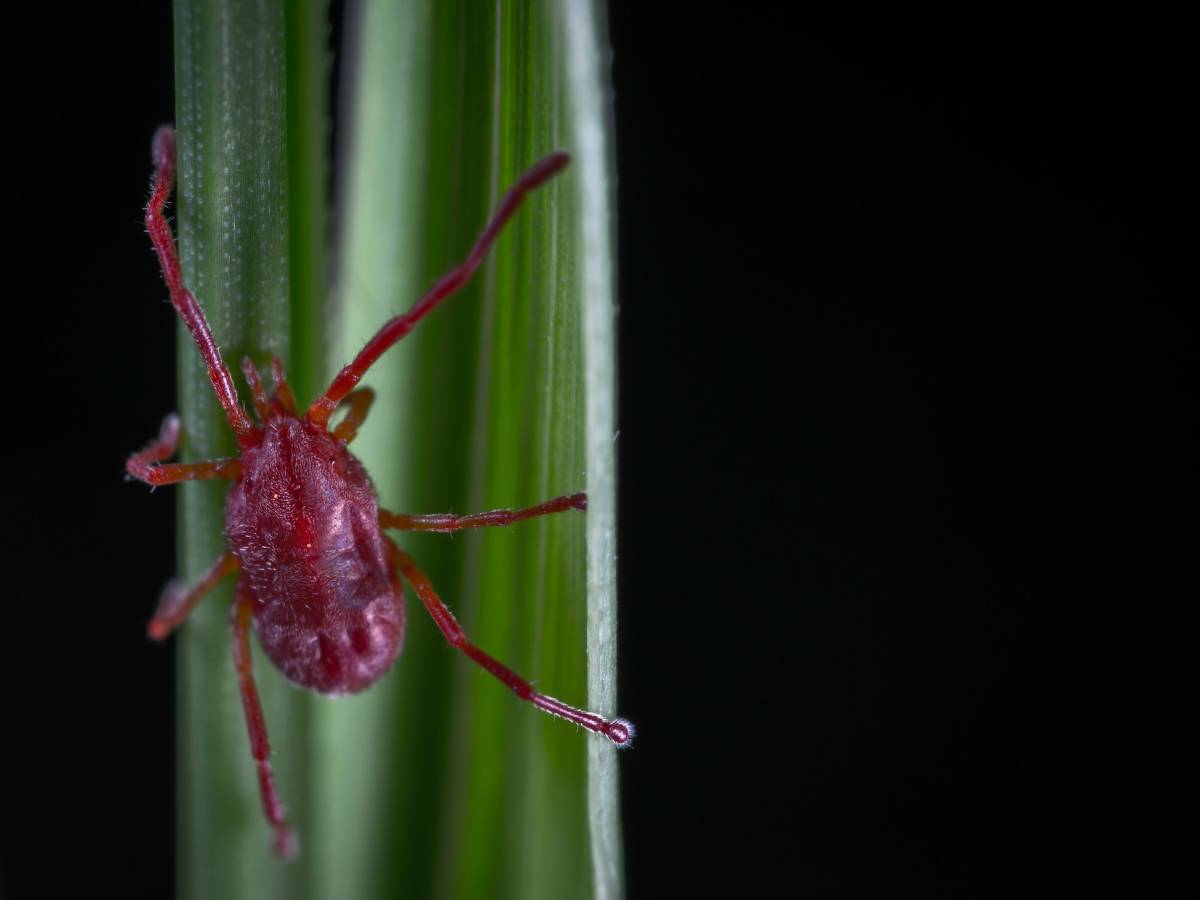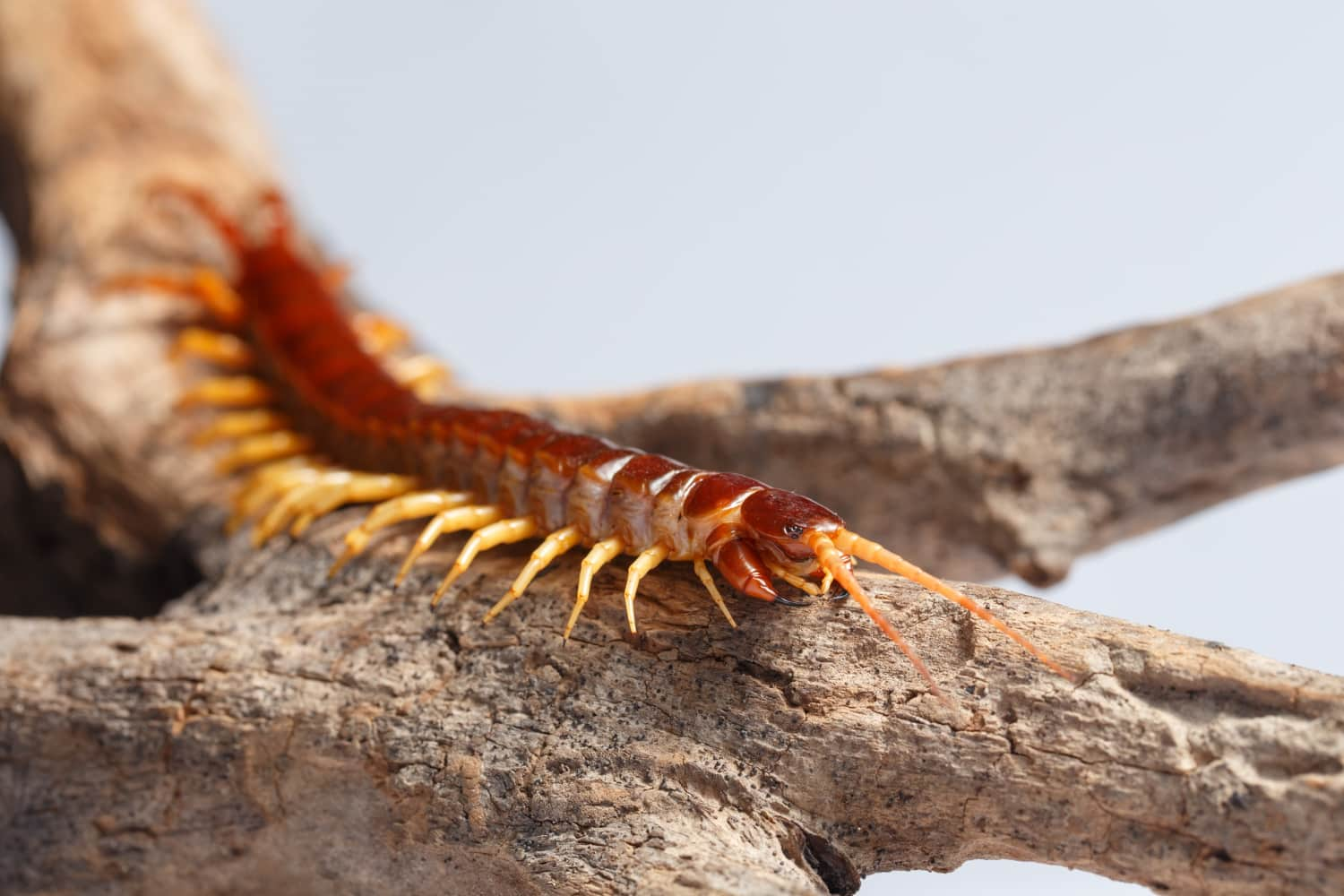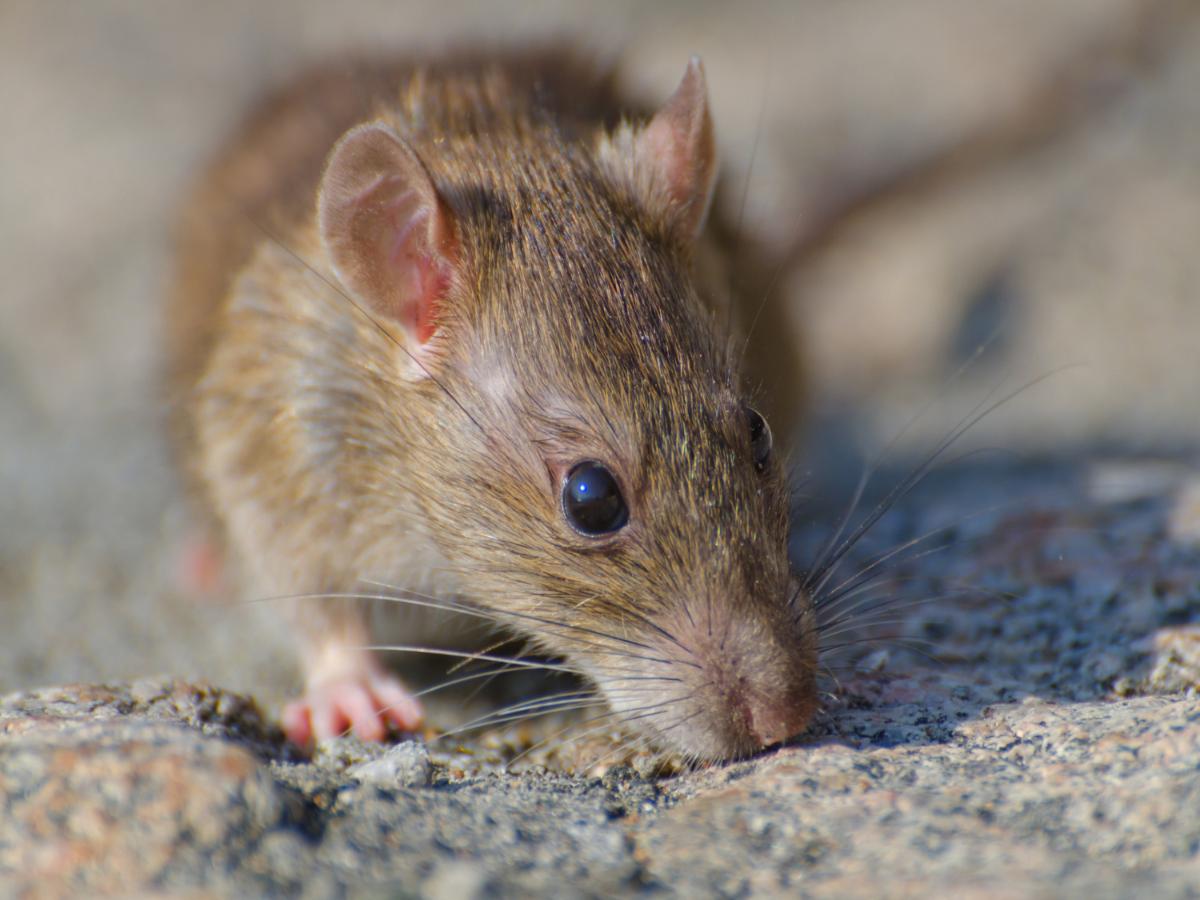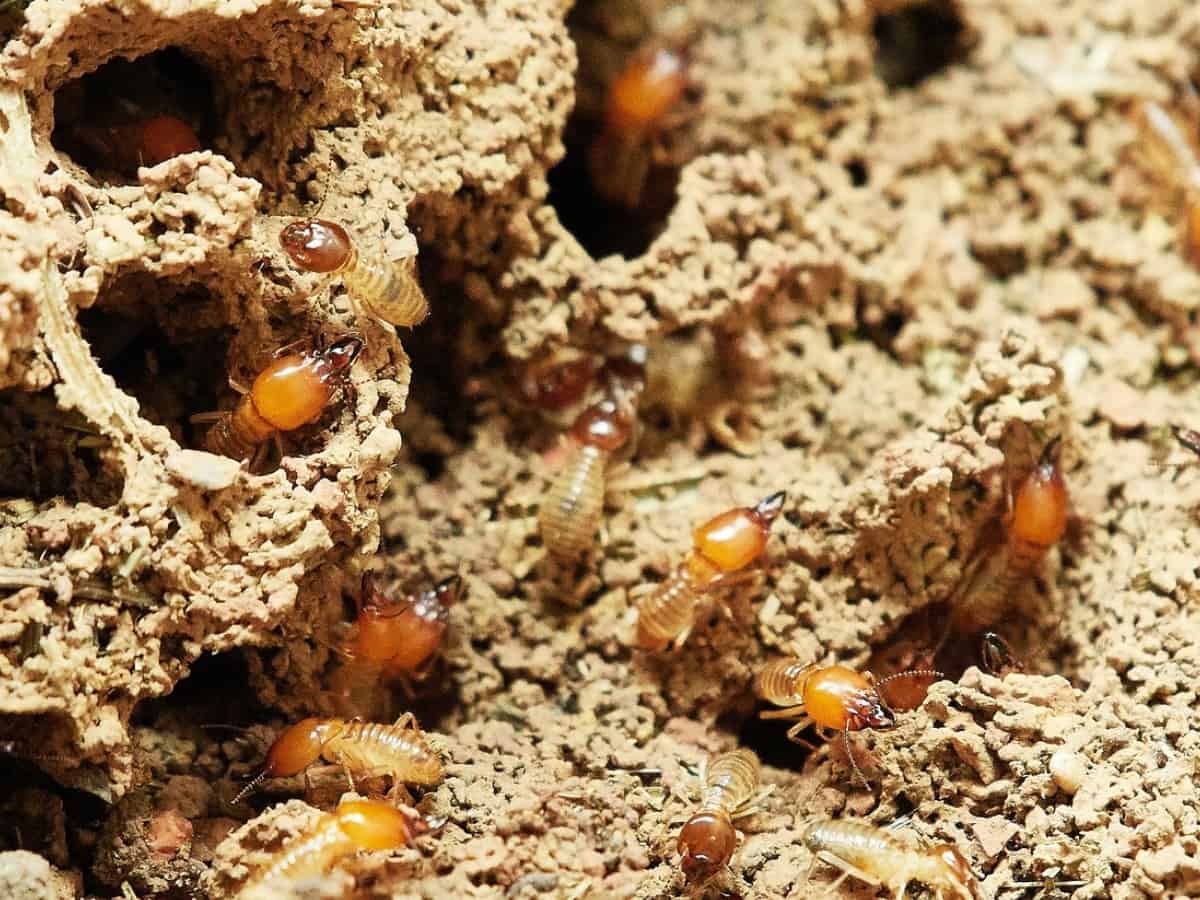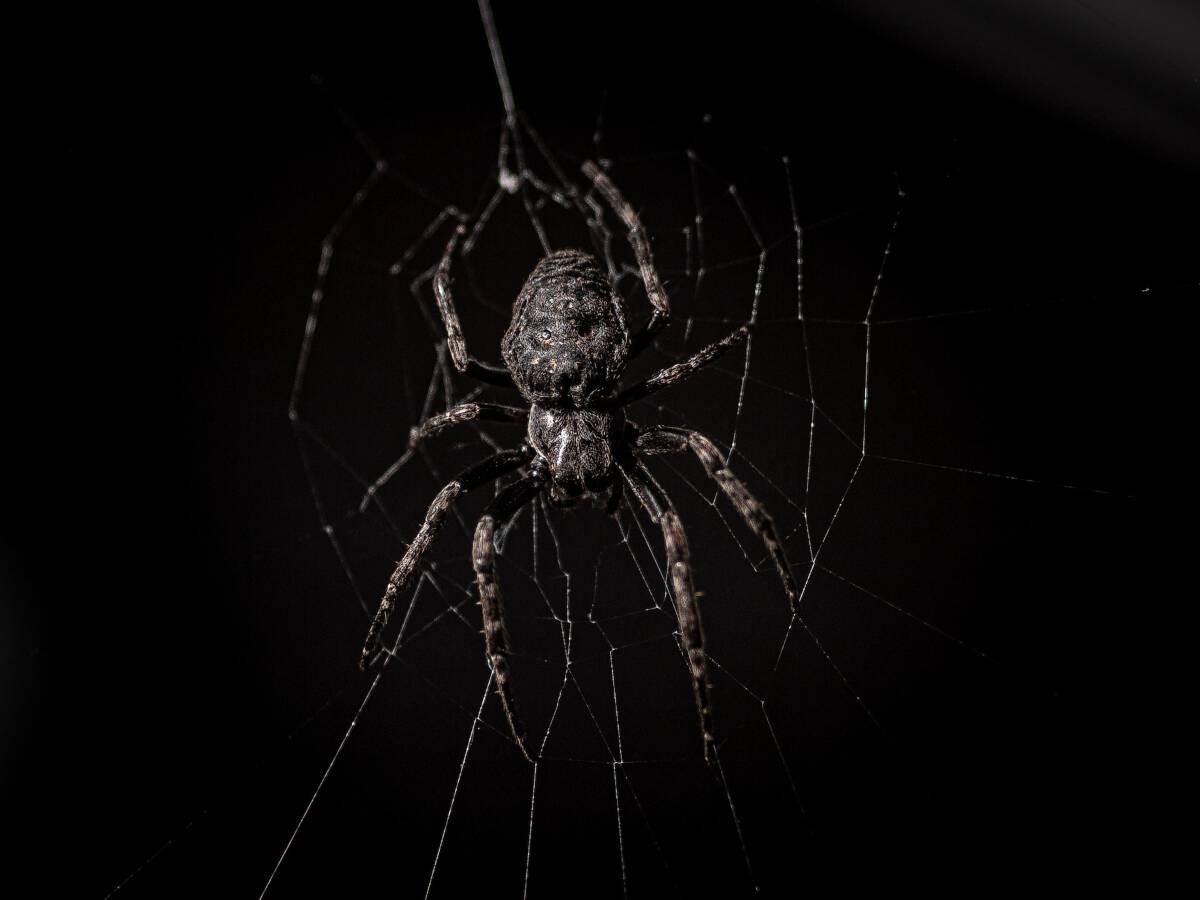For a gardener, nothing brings more satisfaction than having a plot full of exquisitely grown flowers or vegetables. Unfortunately, our flower and vegetable beds can be overrun with garden bugs, who treat them like an open buffet.
Gardening can be difficult at times because of the variety of shapes and sizes of garden pests. There are some low-effort ways to reduce the number of pests in your vegetable garden, but nothing can ensure you won’t have pest problems. Maintaining healthy soil and balanced pH levels is the best proactive step you can take to promote a pest-free garden.
In essence, you need to stay away from the situations that initially draw pests into your garden. You can maintain healthy, trouble-free plants with the help of the tips we will be talking about below.
How to Keep Pests Out of Garden?
- Grow Disease and Pest-Resistant Types
One way to start is to choose crop varieties that are known to be somewhat resistant to common pests, which will make your life easier. Take some time to look through seed catalogs and choose appropriate varieties to minimize pest issues in the future.
When perusing seed catalogs, keep an eye out for seeds bearing the letters V, F, N, or T following the seed name. These letters correspond to the most common problems that the seed is resistant to.
N stands for nematodes; T stands for tobacco mosaic virus, which causes leaves to wilt and turn yellow and damages the plant’s roots; V and F stand for fusarium and verticillium, respectively—two diseases that affect tomatoes.
- Give Your Plants Room
When we first started gardening, all of us may have attempted to fit as many plants as possible into any available area. You may feel abundant for a while, but in the long run, this could be problematic.
Your garden must receive regular air circulation from a strong breeze. Insects that feed on plants are drawn to tightly packed areas because they provide protection from the sun and predators. Therefore, you will need to check for pests more often if you must plant closely.
- Water Early in the Morning
Though it’s always easier said than done, this is a crucial one. Remember that plants require water primarily for photosynthesis, which takes place during the day.
Additionally, if you water later in the day, the leaves will remain damp through the chilly night, which creates the perfect environment for the growth of fungus and other illnesses.
- Attract Birds and Other Natural Predators
Birds are appealing and natural garden inhabitants, and they eat a lot of insects. A birdbath filled with fresh water on a regular basis will draw bug-eating birds to your garden area. You can build a bird feeder close by as well. From late fall to early spring, keep it full of seeds.
In this manner, the garden will serve as their haven, and they can eat the nearby insects come summertime. If guinea fowl are released into the lawn or garden, they will consume Japanese beetles, hornworms, and ticks. Unlike chickens, most won’t eat the veggies or scratch or damage the plants.
The top natural predators of pests are also frogs and toads. A bowl of water can sometimes be all it takes to invite them over. Most of the time, they just make a hollow in the ground and wait silently for insects to eat.
- Maintain a Clean Garden
Decomposing plant matter serves as a prime breeding ground for fungi, garden insects, and diseases, so it’s critical to remove faded blooms, fallen leaves, and weeds. Every time you enter your garden, bring a small bucket or pail with you and fill it with garden litter.
Falling behind on your harvest is generally not an issue, but fruits that fall from the plants and land on the ground provide easy access points for insects to eat. Furthermore, any overripe fruit or vegetable that is still attached to the plant tends to cause the plant to decline, and insects tend to target weaker plants first.
Weeds should also be kept under control. You should remember that your plants are in competition with weeds for scarce resources like light, water, and nutrients. Additionally, weeds frequently host parasites and pests. Make sure to completely remove weeds and their roots from the ground.
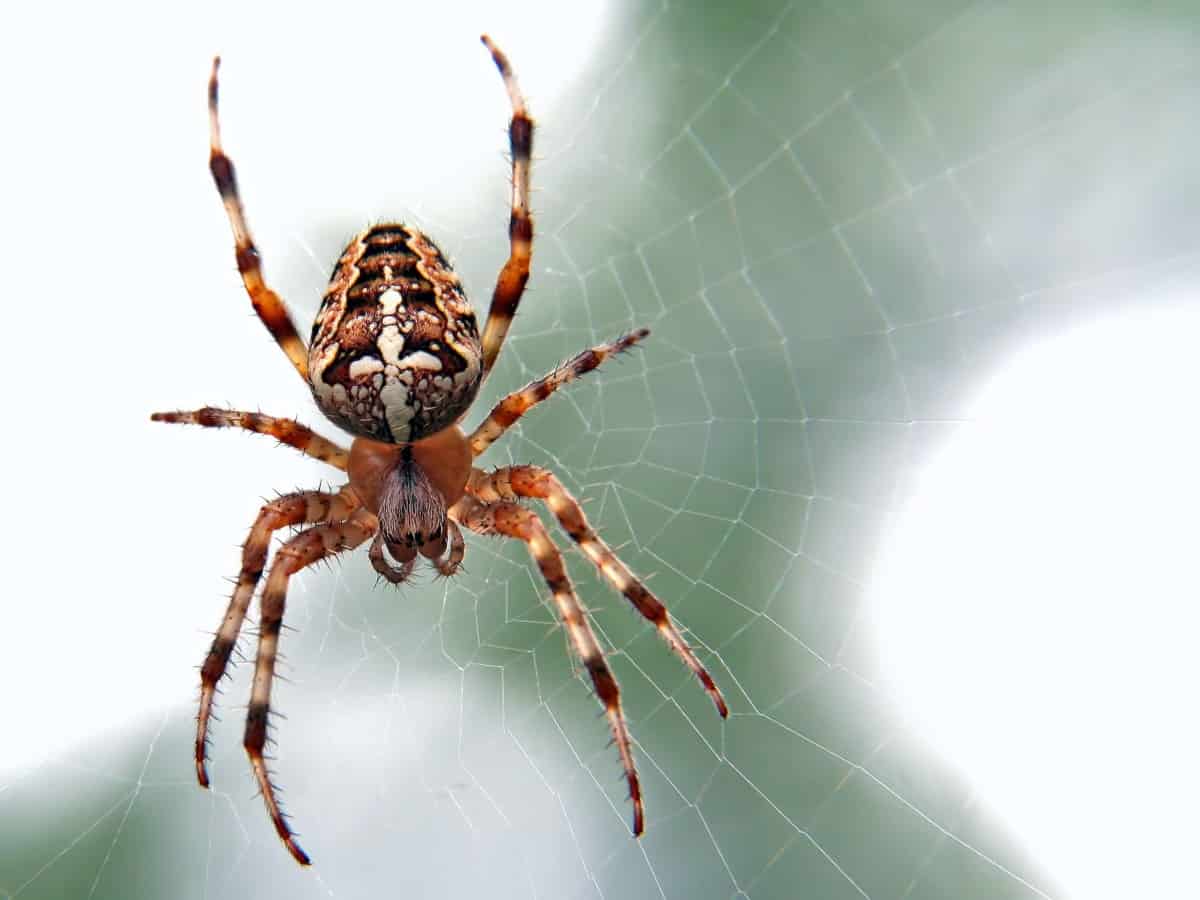
- Attract Beneficial Insects
Not every insect visits your vegetable garden to consume what you have grown. Some are carnivores that can swiftly wipe out any pest population in a way that spraying pesticides could never.
Ladybugs and other insects can be very helpful in the battle against pest garden insects. They consume mites, aphids, and the eggs and larvae of numerous harmful insects.
Not much is needed to draw in beneficial insects. Trying to keep them around after all the pests have been eaten is the tricky part. Pollen and nectar are essential to beneficial insects, just like the protein found in other insects, so having plants that appeal to them will keep them visiting if not permanently settling in.
Growing an abundance of flowers that attract beneficial bugs to your garden, such as cosmos, sweet alyssum, dill, yarrow, and many more is a simple way to achieve this. For maximum impact, you can try to grow them among or right next to your vegetables.
- Rotate Your Crops Regularly
When you grow the same crop in the same spot every year, the same pests that attack your plants will stick around and wait for you to plant it again in the spring.
Furthermore, crop rotation prevents the depletion of essential soil nutrients. For example, where you have previously planted tomatoes, corn, or squash, which rob the soil of its nitrogen, you can plant legumes, which replenish the nitrogen in the soil.
- Try Out Insect Traps
Most garden centers have yellow sticky cards. They will capture a lot of garden bugs that are moving through your garden when they are put on the ground and positioned in between plant shoots and branches.
To find out which garden bugs are beneficial, and which are harmful, you can get in touch with your county extension agent or your neighborhood garden center.
- Maintain the Health of Your Plants
Lastly, ensure that your plants are in the best possible health because robust, healthy plants are less vulnerable to pests. Plants that are not under stress have natural defenses against pests, so they can usually fend them off without our assistance. Therefore, give your plants the proper care, feed them regularly, and give them plenty of water during dry spells.
It’s important to remember to fertilize the soil as well, using plenty of compost or other well-rotted organic matter, in order to encourage a strong root system that will support good growth above ground.


